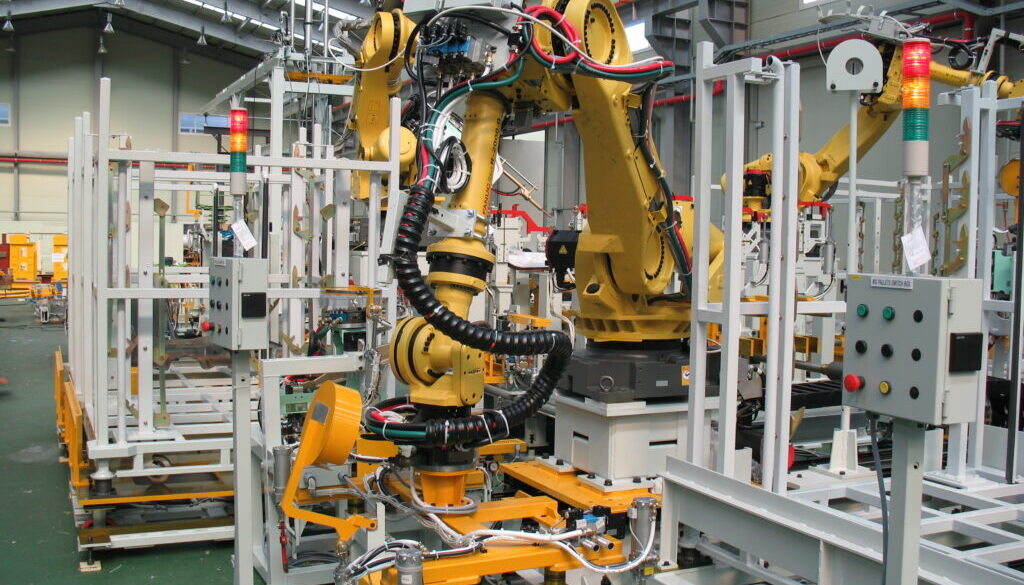The formula for growing advanced industry in Latin America
Table of Contents
Contact the Central American Group if you are looking to establish your business in Central America.
The year 2020 has put economies to the test. In the context of Covid-19, we have been forced to be disruptive, therefore, this is a time to bet on the development of advanced industry in Latin America.
The impact of the Covid-19 pandemic on nations’ economies has, thus far, been unprecedented in scope. We have witnessed that throughout Latin America entrepreneurs continue to do their best to survive by modifying their business models and changing their value propositions. However, these isolated efforts require a strategy focused on the promotion and growth of advanced industry in Latin America.
What is the dilemma? The entrance into new markets and industrial sectors is a costly process. It requires investment in infrastructure, a redesign of models of academic and professional training, investment in certifications, development of technical capacities among other key elements.
The battle of resource prioritization often forces us to have a short-term approach, which complicates the execution of a longer-term plan of this magnitude.
Collaborative model
The first mandatory change that we must make is to realize that a single player is not able to bring about sweeping change to the landscape. Government alone cannot bring about needed transformation in the face of a lack of resources. Public entities are fundamental players in the process of creating advanced industry in Latin America, but they are not the only important actors.
An articulated and cohesive ecosystem is required to establish strategies that address and integrate the needs of the industry, thus establishing the actions that direct that effort.
The business group model is an ideal collaborative structure for developing a joint long-term strategy. Business groups are collections of independent firms that pool resources and energies together in order to promote their common welfare and success. Establishing priorities at the enterprise level among such “clusters” of companies, as well as identifying communication channels needed to interface with both government and academic partners, is critical to the success of efforts to grow advanced manufacturing industries in Latin America.
Costa Rica has offered a good example of a collaborative model that has been established to promote the growth and development of a specific industry sector in Latin America.
In the final decades of the twentieth century, a successful collaborative model in Costa Rica was developed by PROCOMER (the Costa Rican Foreign Trade Promotion Agency). It was based on enhancing the supply capacity of a good (in the agricultural sector) by pooling the efforts of a group of suppliers to meet the demands of international buyers.
Costa Rica, success story
The PROCOMER model has been updated for the 21st century for the purpose of establishing collaborative structures that are based on strengthening an industry group’s presence in existing markets or entering new ones using capacity diversification as the central element to establishing “a country offering”.
Capacity diversification ensures that needs are identified throughout the supply chain in order to prioritize efforts in areas that will generate measurable impact in the short term, without leaving aside the involvement of high-impact players in the long term (such as government and academia).
This is the methodology that has been used to establish an advanced manufacturing consortium in Costa Rica and that has created the success story of the country’s aerospace sector. In the last 10 years, Costa Rica has become a relevant player that is very well positioned in the supply chain of the global aerospace sector.
A decade ago, this advanced manufacturing sector had a minimal presence in Costa Rica. There were no companies with certifications, financing mechanisms, training programs, or any elements that gave an indication that the industry would develop as it has.
The impact of the Aerospace Cluster
Driven by private sector initiative, while seeking global integration into a dynamic and high-value sector, today Costa Rica has a considerably sized cluster of 34 aerospace companies. A full one-third of these firms hold international aerospace industry certifications. The cluster also includes suppliers of special processes. This has allowed the Costa Rican aerospace industry to develop a clear and defined value proposition.
In the case of Costa Rican aerospace, this value proposition is based on electromechanical systems, embedded software, and aircraft maintenance and repair capabilities.
Aerospace Cluster companies in Costa Rica are already positively impacting the country’s Gross Domestic Product (GDP) and have generated more than 3000 jobs in an advanced industry in Latin America. This number may appear to be small, but the aerospace positions signify the country’s participation in a new industry. This beginning will have a positive impact on the Costa Rican economy for decades to come.
The 2020 coronavirus pandemic is forcing everyone to make changes to survive and thrive. It is the ideal time for the private sector, government, and research academia to redefine strategies and value propositions to continue to develop advanced industry in Latin America.
Contact Us
Please use this form to contact us and we will respond as soon as possible:





